Now the royal family is dragged into the n-word race row
Exclusive: Offensive slur used more than 40 times in Royal Collection guide – and only removed after investigation by The Independent
The royal family has been dragged into the n-word race row after dozens of references to the offensive term were found in official documents, The Independent can reveal.
A catalogue published by the Royal Collection Trust (RCT), showcasing a selection of gems and jewels owned by the Royal Collection, contained more than 40 mentions of offensive racial terms.
The document, titled Ancient and Modern Gems and Jewels, was published by Royal Collection Enterprises Limited in 2008. It has remained on its website since then and was only removed on Thursday after it was flagged by The Independent.
The latest discovery comes after we revealed last week that an offensive racial slur was included in government documents.
The term was included in a report by the Met Office, as well as in Department for Work and Pensions guidance used by doctors to assess benefit claims. The slur had also been visible in the comment section of a page on the government’s own website since 2015.
The revelations prompted Rishi Sunak’s official spokesperson to denounce the word as “inappropriate and offensive”.
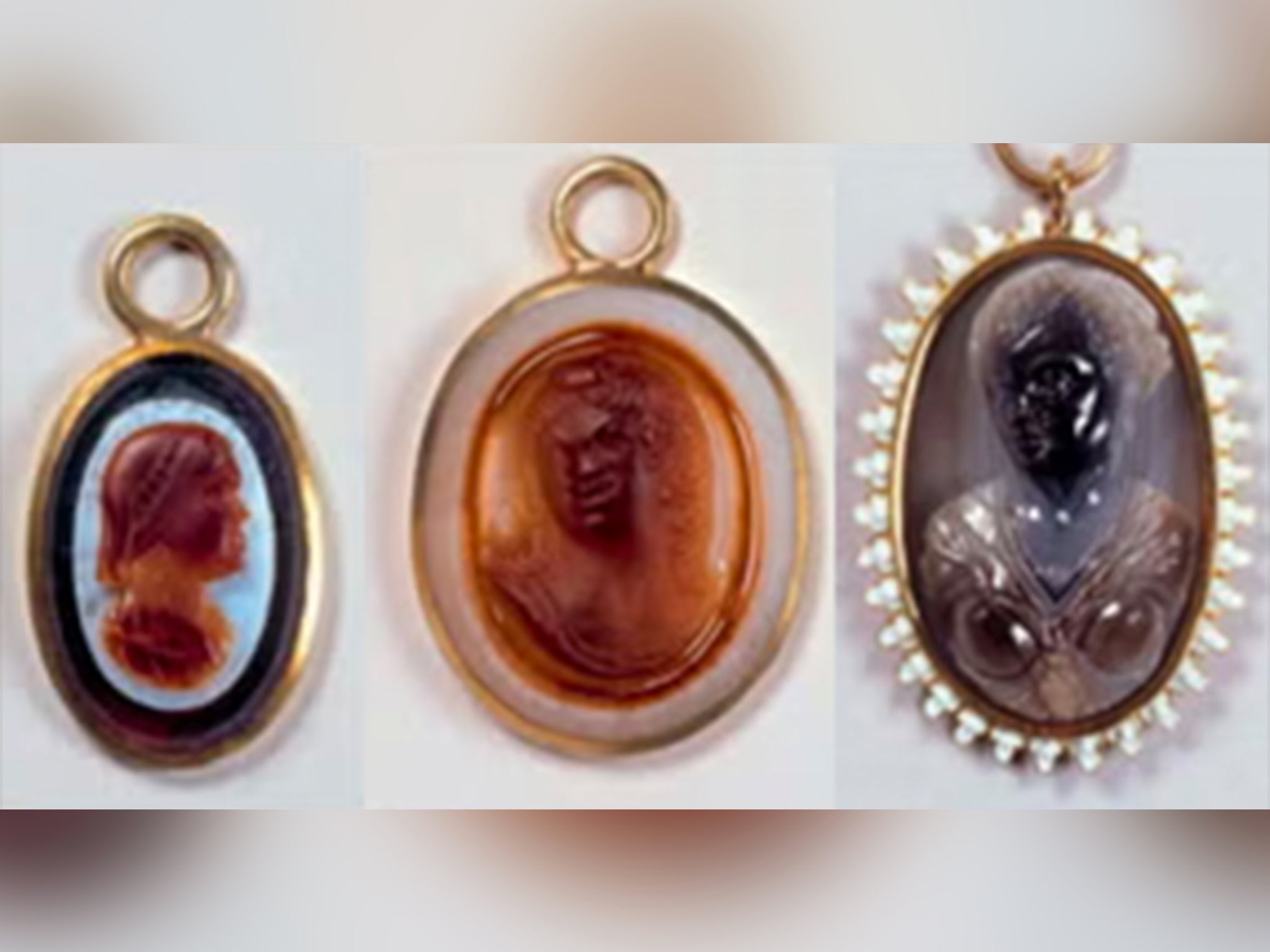
In the latest instance, the offensive terms are mostly used to describe people of African ancestry who appear on the jewels. The words are also included in a number of names of items in the collection.
One brooch is described in the following terms: “Head of a n***o in three-quarter profile to the right, with drop-pearl earring. This type of a n***o’s head is found on several sixteenth-century cameos.”
Another item depicting a white person is accompanied by this description and slur: “Athough it uses the dark layers of the stone for the profile, the features are not n*****d’.
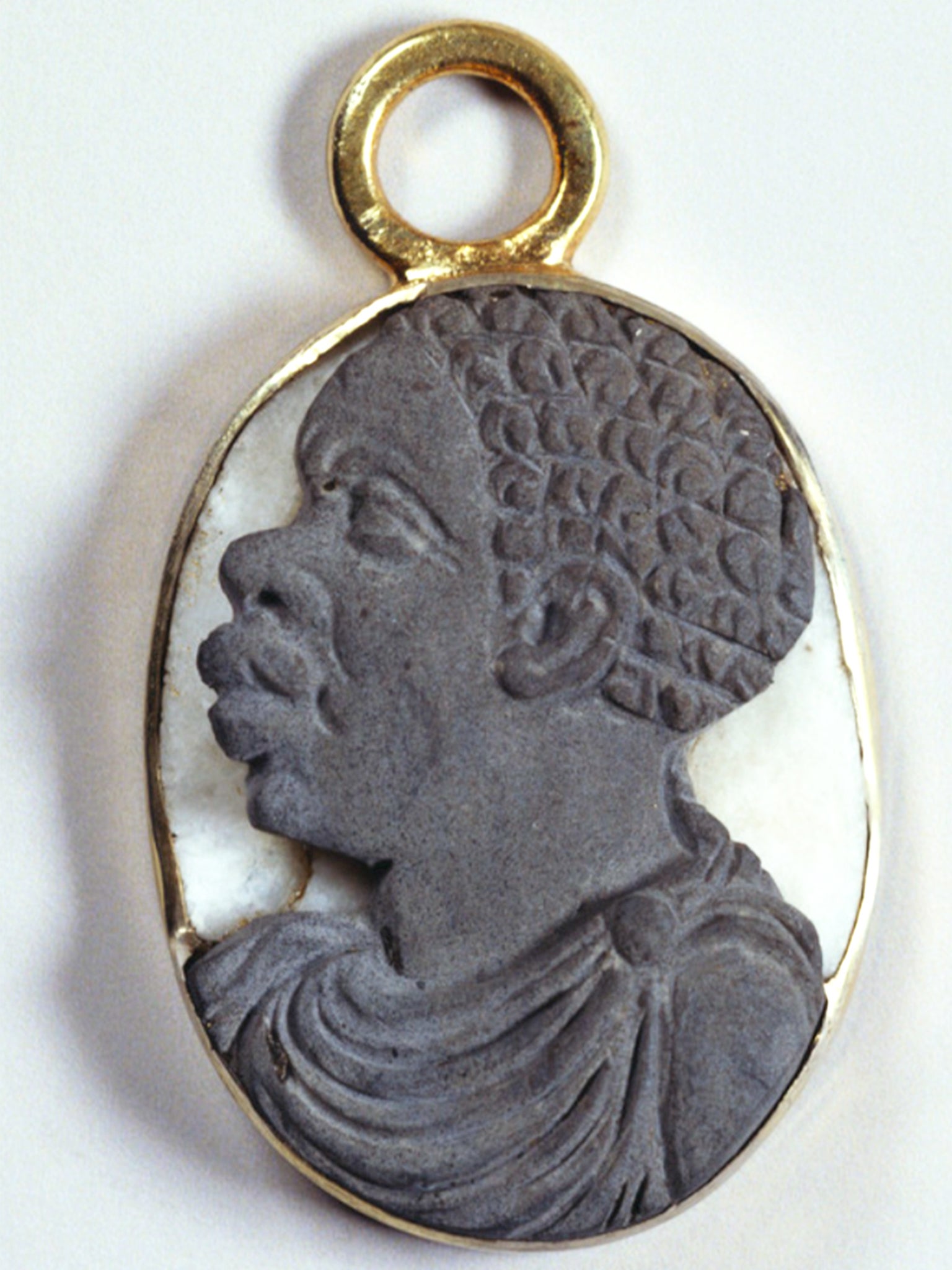
An RCT spokesperson said the trust’s documents were continually “under review”.
The RCT is one of the five departments of the royal household and is responsible for the care of the Royal Collection, the largest private art collection in the world, held in trust by the King on behalf of the nation. It sells tickets for tours of the King’s official residences: Buckingham Palace, Windsor Castle, and the Palace of Holyroodhouse in Edinburgh.
This is the latest race row to hit the royal family. In November, the royal household faced a public outcry after Susan Hussey, the late Queen’s lady-in-waiting, repeatedly asked a Black British charity chief executive where she “really came from” at a Buckingham Palace reception.
Lady Susan, who subsequently left her role in the royal household, later met and apologised to Ngozi Fulani, founder of the charity Sistah Space.
And the Duchess of Sussex, the first person of mixed ethnicity to marry a senior royal for centuries, claimed in 2021 that an unnamed royal – not the late Queen or the Duke of Edinburgh – had asked Prince Harry how dark their son’s skin tone might be, before Prince Archie was born.
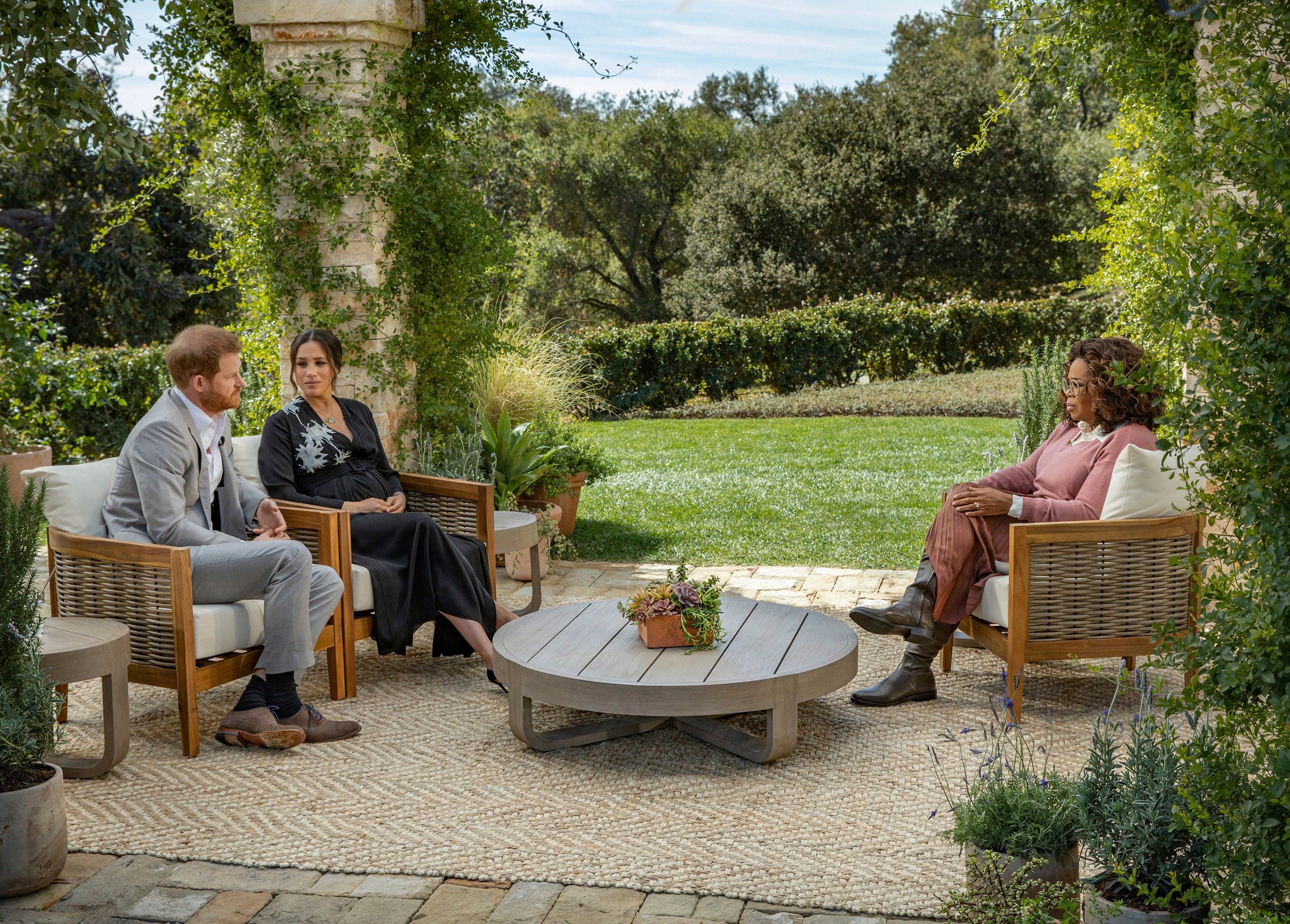
The late Queen issued a statement at the time saying that the issues raised would be dealt with privately as a family, and that “some recollections may vary”.
Prince William was also forced to deny that the royal family was racist following Meghan and Harry’s bombshell televised interview with Oprah Winfrey, in which the claims were made.
Racial terms such as n***o have been casually used in a non-pejorative sense throughout much of the 20th century across countries like the US and the UK. In the 17th, 18th and 19th centuries, such terms were interchangeably used with descriptive language like “Africans” and “slaves” in reference to enslaved African people.
However, such language is generally considered to be racist in modern times.
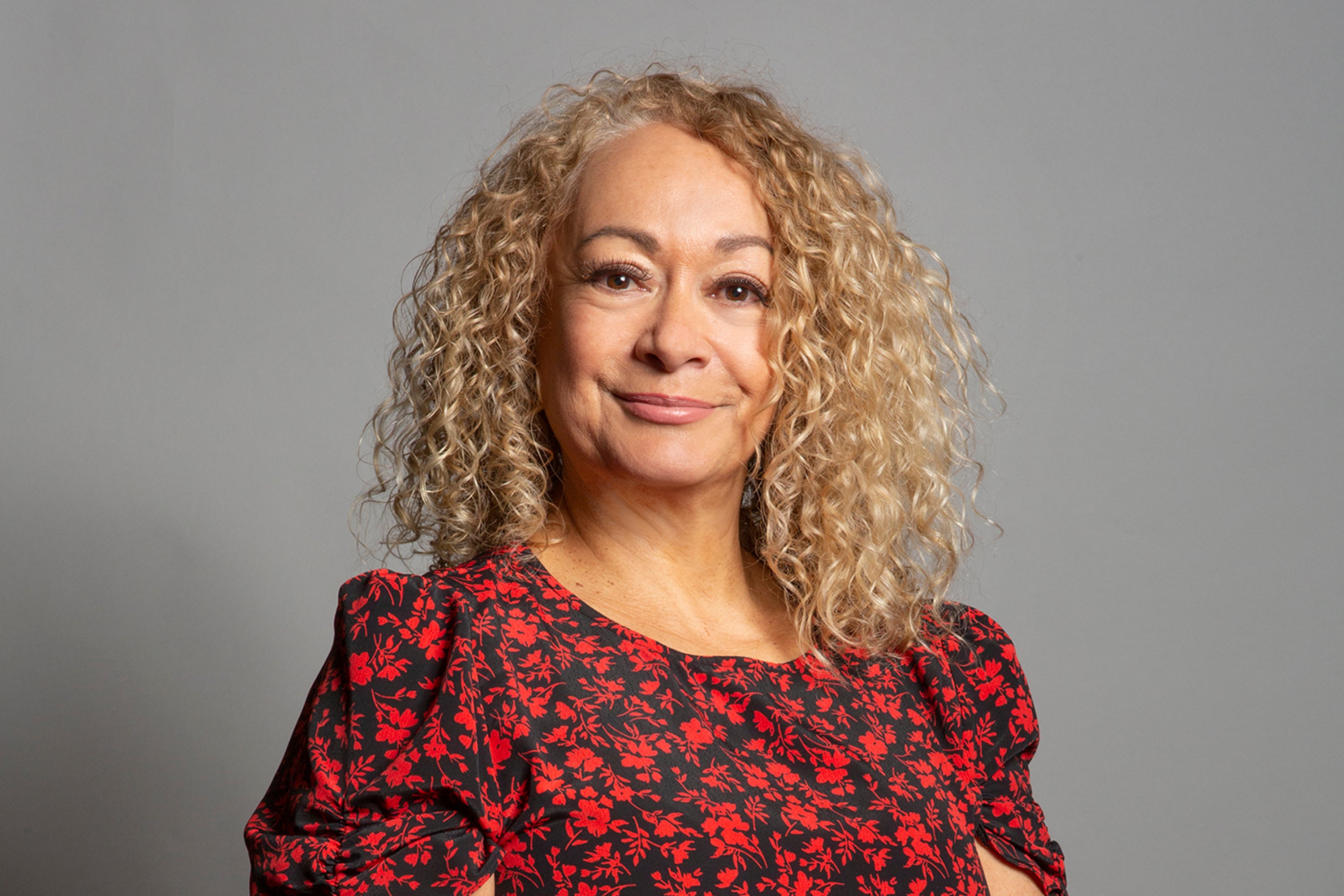
Labour MP Kim Johnson, a member of the all-party parliamentary group on race, said: “There are those who will say the use of such terms is innocuous – an accurate reflection of a bygone era. But every Black British person today is painfully aware of the legacy of such language, in terms of their ongoing treatment, institutional racism, and the policies of the modern British state.
“From the Windrush scandal, to a racist criminal justice system, to the use of racist terminology across current government policy documents – the treatment of Black British people as second-class citizens today has its roots in the very history this language was born out of.”
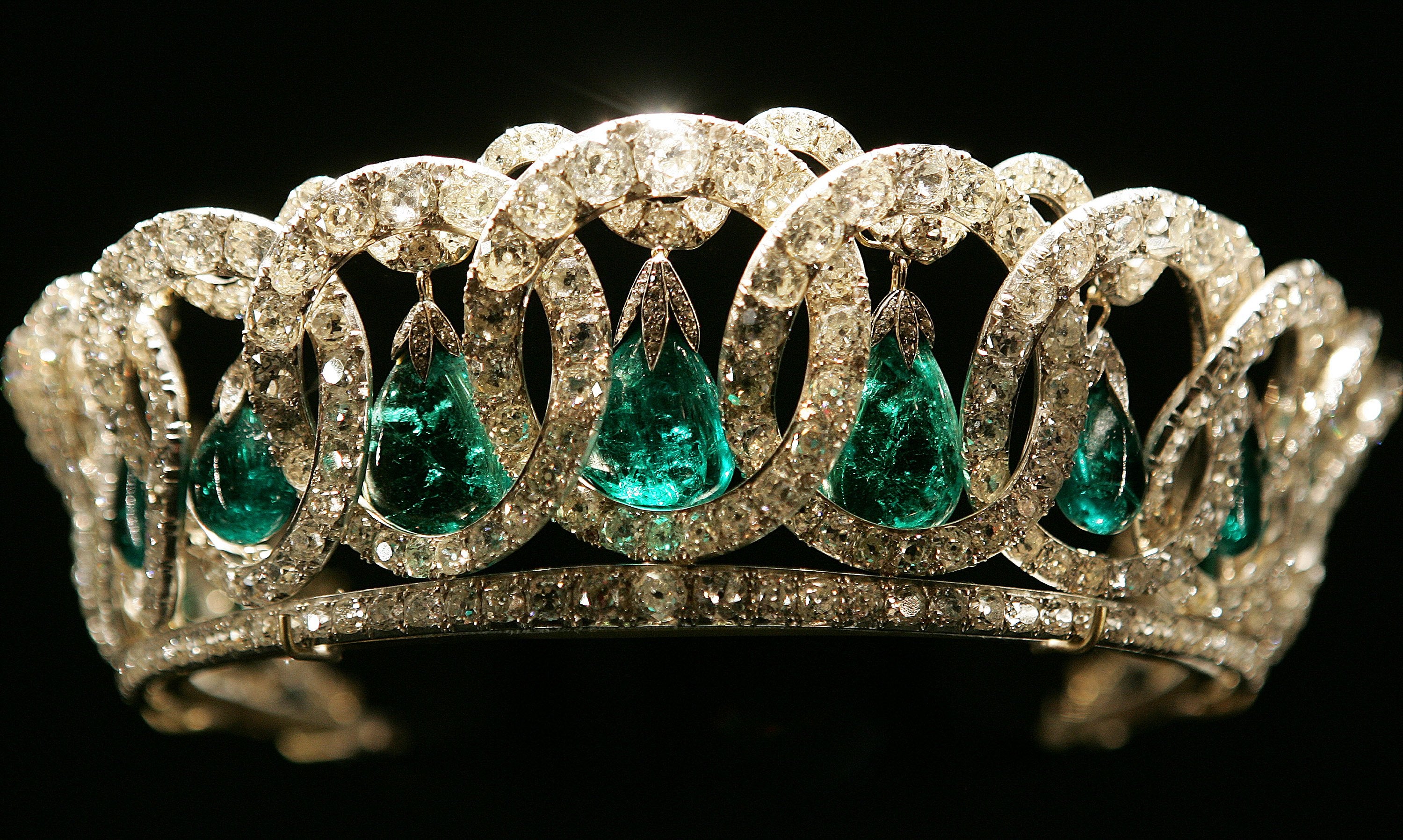
Pan-Afrikanist Esther Stanford-Xosei, an expert on reparations with the International Social Movement for Afrikan Reparations, said the catalogue should instead have included guidance around the historical use of racially offensive terms while condemning the use of these terms and recognising their harmful impact.
“We are in an era where it is well recognised that these terms are offensive and legally considered to be racial slurs,” Ms Stanford-Xosei told The Independent.
“One would expect institutions that have historical connections to African enslavement to have some type of guidance given around the language that is currently being used in this document. That the document uses colonial, racist, Afriphobic language, which denies the humanity, personhood and dignity of African people and their descendants, is a real cause for concern and totally unjustifiable.”
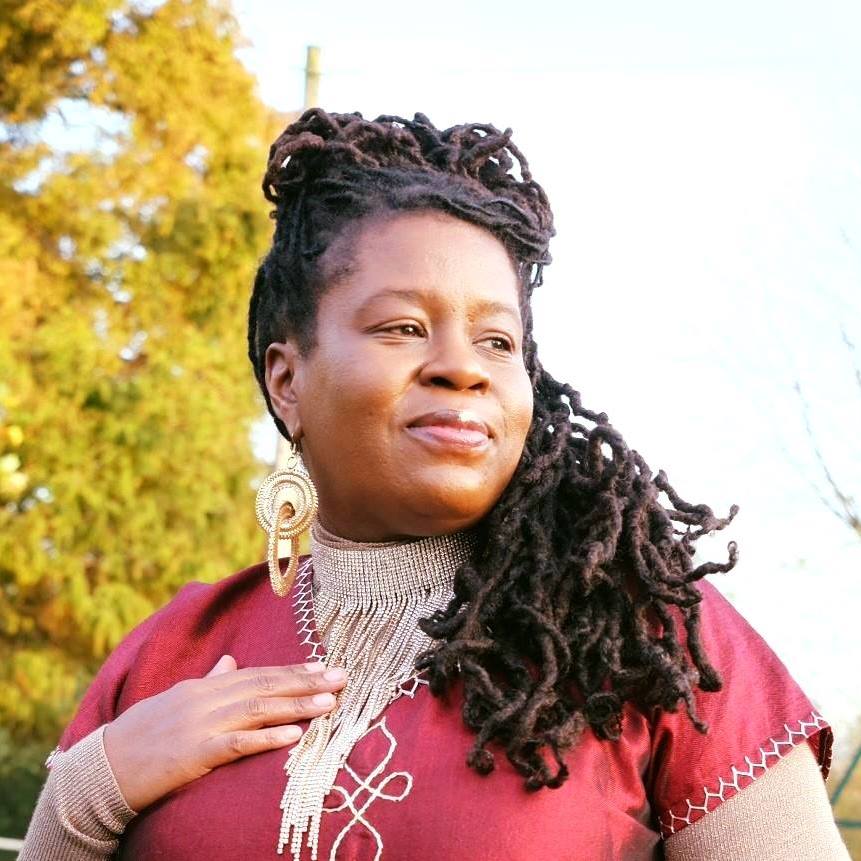
A Royal Collection Trust spokesperson said: “Royal Collection Trust has an ongoing programme of activities to research, display, loan and publish detailed records of objects in the Royal Collection, in order for a wide range of audiences to learn about the collection and its history.
“Publicly available object records are continually under review in order to improve the information presented on an object and/or subject.
“The publication Ancient and Modern Gems and Jewels was published in 2008 and is now out of print. The corresponding object records, updated several years ago, contain updated terminology and can be viewed on rct.uk.”
Buckingham Palace declined to comment.
Join our commenting forum
Join thought-provoking conversations, follow other Independent readers and see their replies
Comments





Bookmark popover
Removed from bookmarks